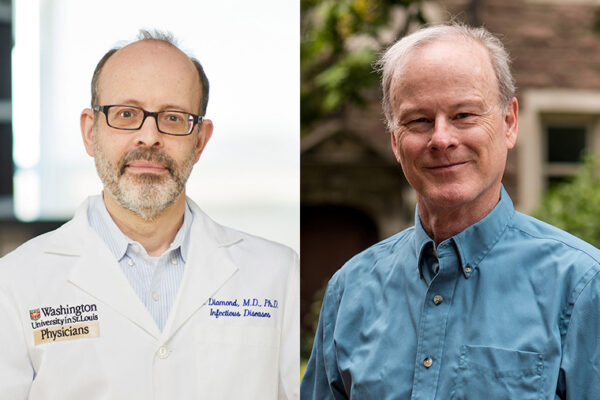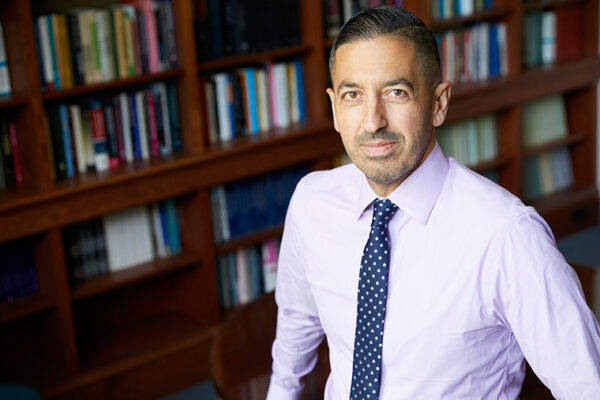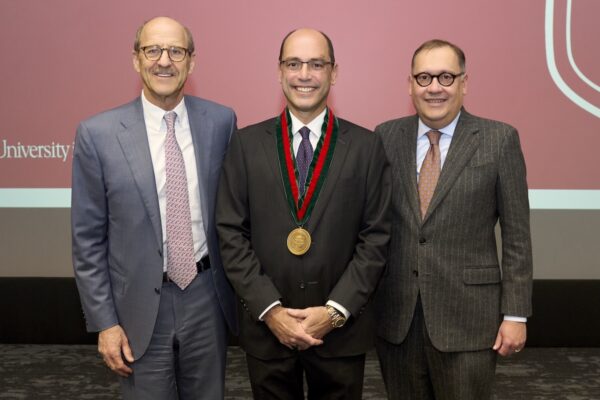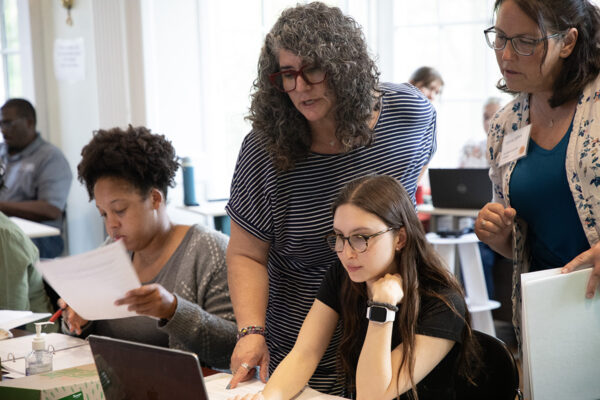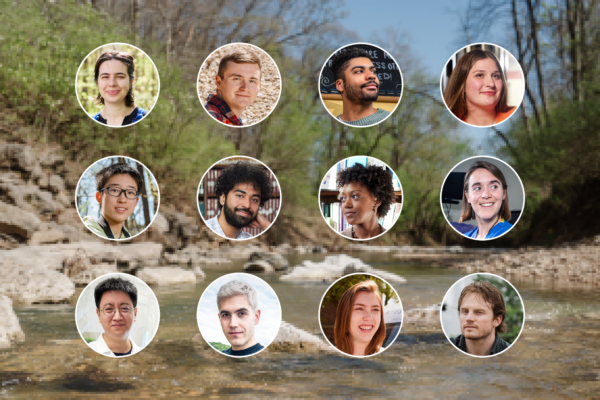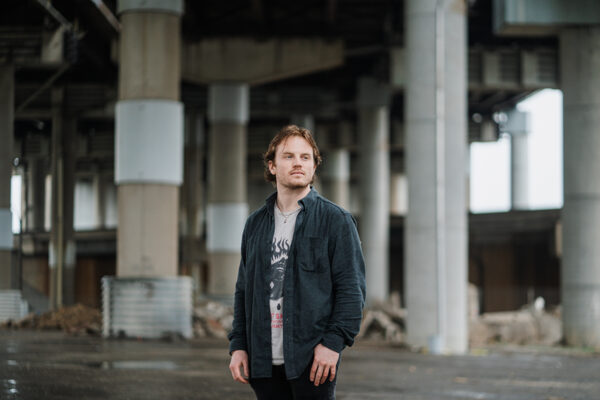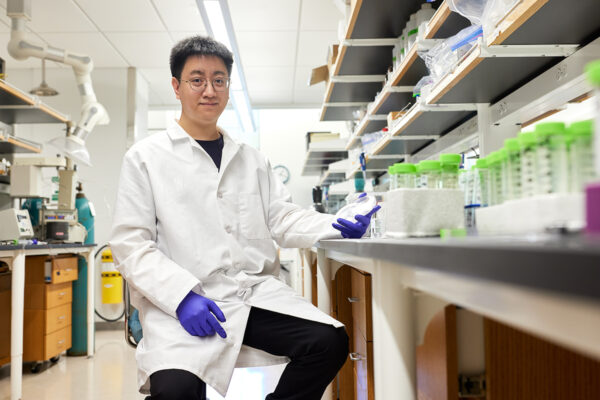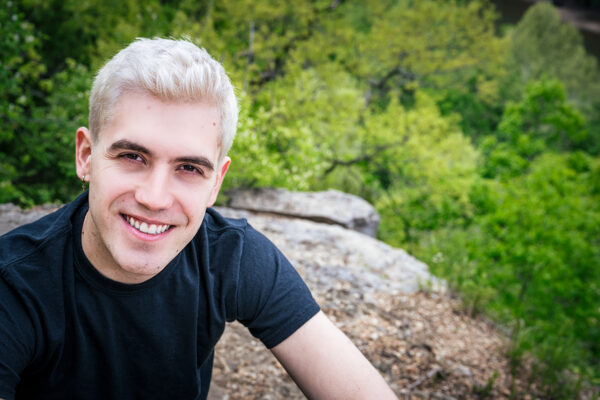Five to receive honorary degrees at WashU’s 163rd Commencement
Washington University in St. Louis will award five honorary degrees during its 163rd Commencement Monday, May 13. Among the recipients is Jennifer Coolidge, an award-winning actor known for her numerous iconic roles in film and on television, who will deliver the Commencement address.
Testing, treatment for sexually transmitted infections expanded in north St. Louis County
In a bid to improve sexual health and reduce health disparities in the St. Louis area, Washington University infectious diseases physicians are expanding testing and treatment services for sexually transmitted infections in north St. Louis County.
Diamond, Queller elected to National Academy of Sciences
Washington University’s new National Academy of Sciences members are Michael S. Diamond, MD, PhD, the Herbert S. Gasser Professor of Medicine at the School of Medicine, and David C. Queller, the Spencer T. Olin Professor of Biology in Arts & Sciences.
Galea named inaugural Margaret C. Ryan Dean of planned School of Public Health
Sandro Galea, MD, DrPH, one of the world’s most influential public health leaders, will become the inaugural Margaret C. Ryan Dean of the planned School of Public Health at Washington University in St. Louis, effective Jan. 1. In this critical leadership role, Galea will help shape and launch WashU’s first new school in 100 years.
Goldfarb installed as inaugural Gelberman professor
Charles Goldfarb, MD, has been named the inaugural Richard H. Gelberman, MD, Distinguished Professor in Orthopaedic Surgery at Washington University School of Medicine in St. Louis.
Dates for fall Workday Student transition activities set
Washington University in St. Louis will begin the transition to Workday Student, which replaces most student information systems, this fall. A variety of training sessions and other support will be available for faculty, staff and students.
Class of 2024: Committed to climate solutions
Meet 12 members of the Washington University in St. Louis 2024 graduating class ready to address the globe’s climate, environmental and sustainability challenges.
Class Acts: Kevin Corrigan
Kevin Corrigan, a graduate degree candidate in landscape architecture from the Sam Fox School, says good landscape design can make cities more resilient and beautiful.
Class Acts: Ping-I (Dennis) Chou
Ping-I (Dennis) Chou soon will graduate from Washington University in St. Louis and begin work at Intel. He has studied water chemistry and plastics in the environment.
Class Acts: Guinter Dame Vogg
As an undergraduate researcher at Washington University in St. Louis’ Atmospheric Composition Analysis Group, Guinter Dame Vogg analyzed air filters from around the globe for PM2.5, the microscopic particles that cause millions of premature deaths every year. What he saw changed his life.
View More Stories


